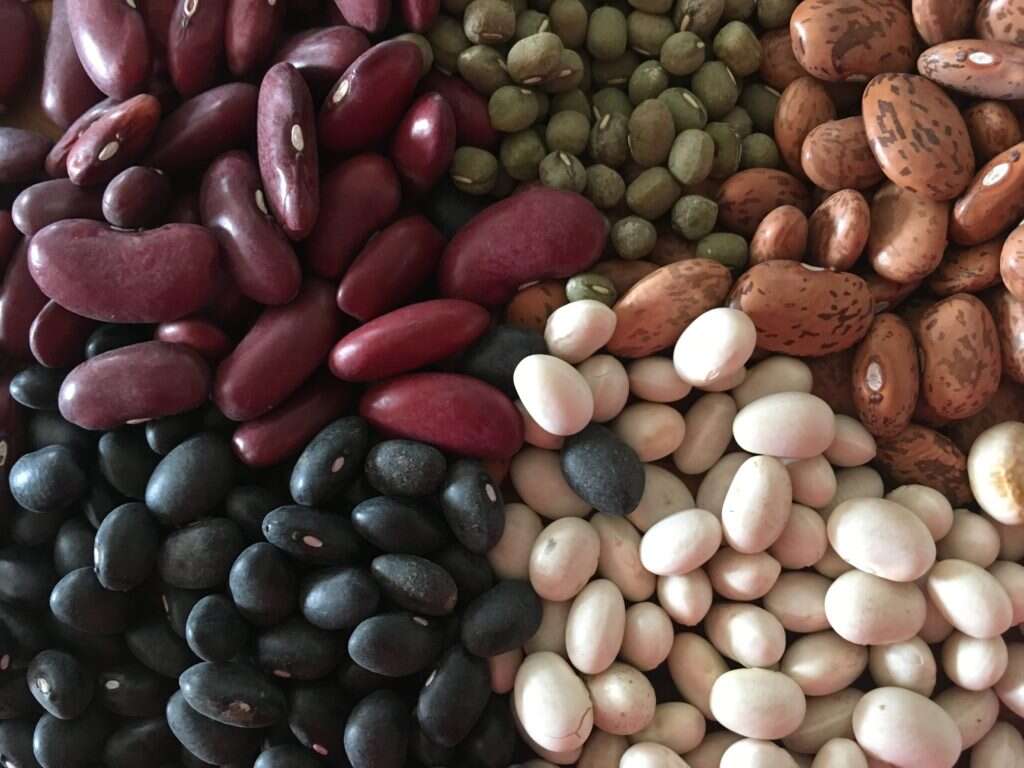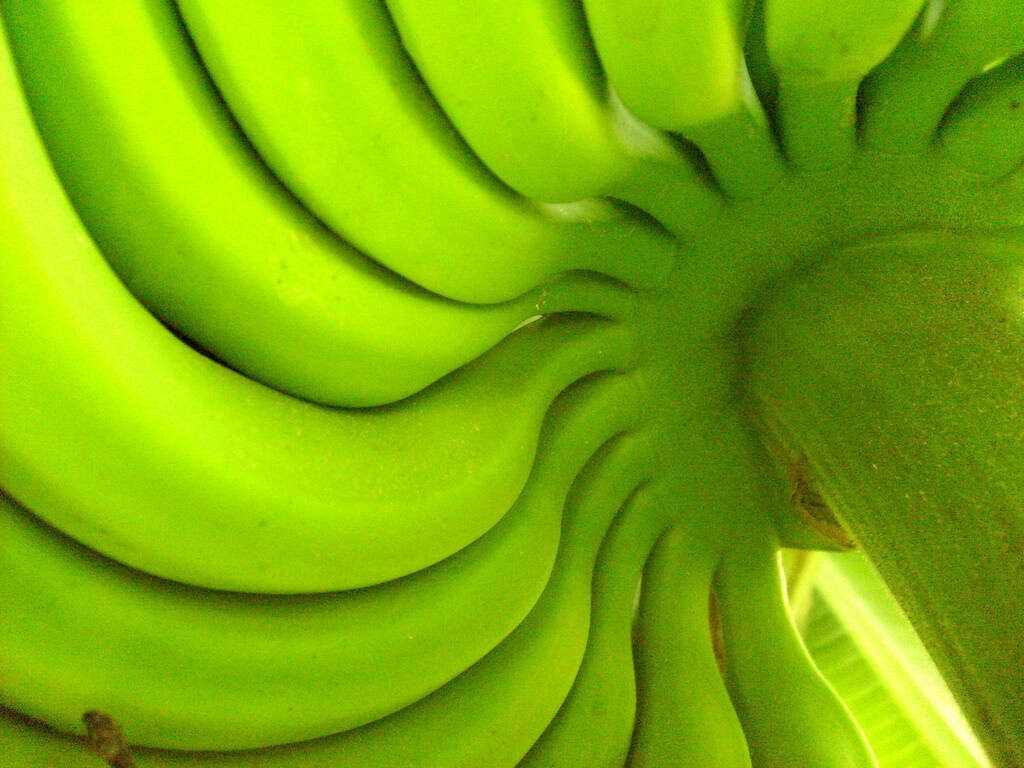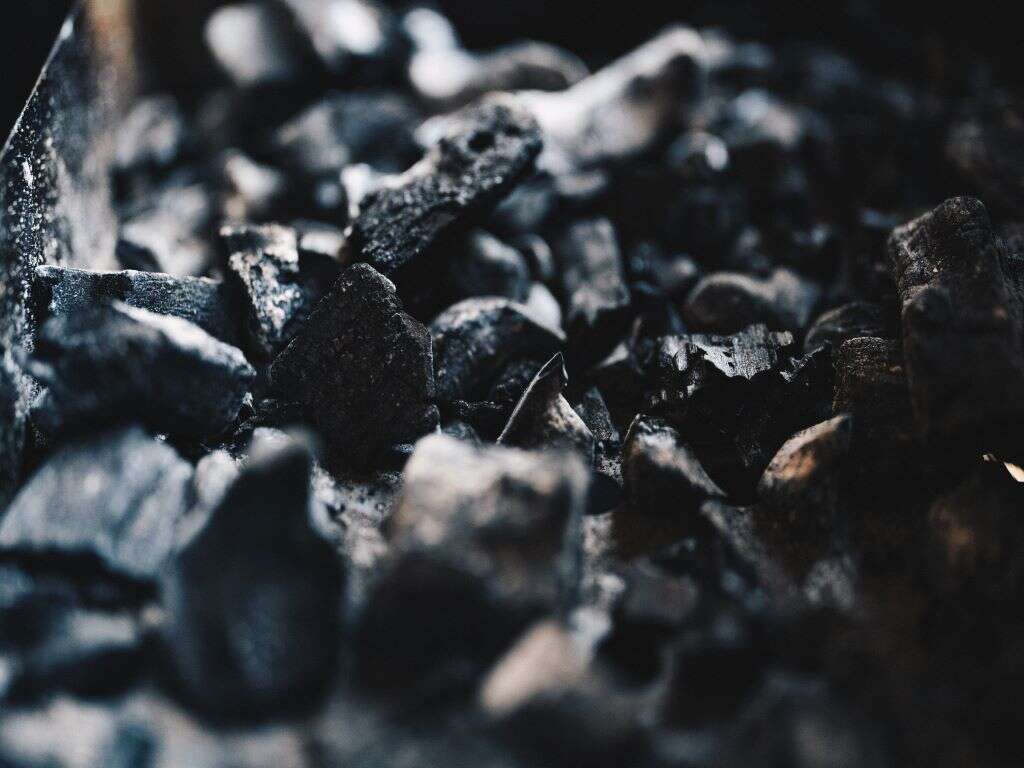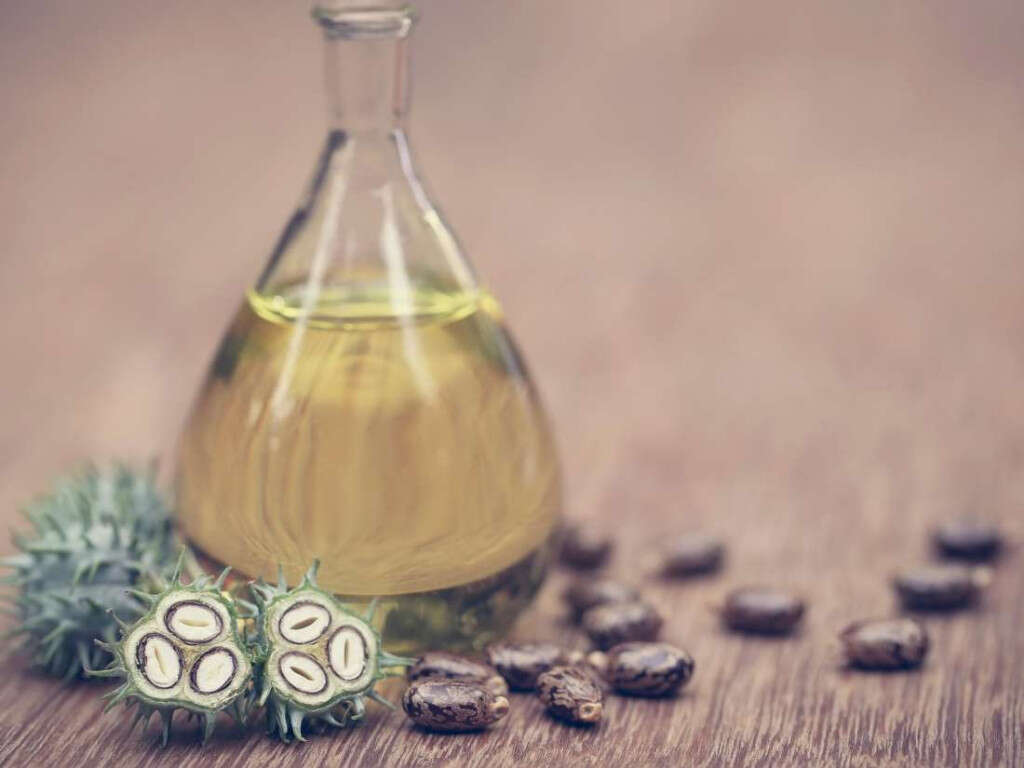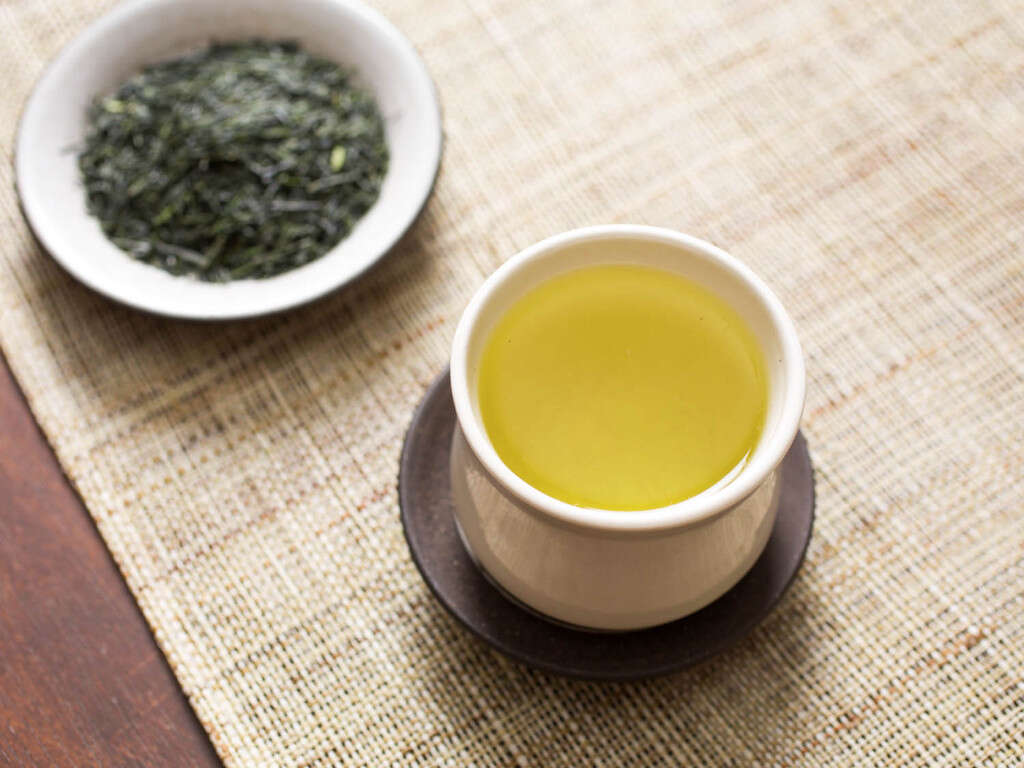10 Diuretic Foods
Urine is made as our kidneys filter toxins and other impurities from our blood. The urine is sent to the bladder where it is stored until it is eventually passed out from the body via the urethra. It is a continual process that helps to keep our bodies as clean as they possibly can be.
The system does not always work as smoothly as it is supposed to, though, potentially causing fluids to be retained in the bladder and elsewhere in the body. Bloating can also be caused by other factors such as menstruation.
In such cases, diuretics can help as they can stimulate urination, and there are various types of food that can help achieve this.

Diuretic Food #1: Juniper
Juniper is a type of coniferous plant, and generally has the small needle-like leaves that is typical of such plants. It also comes in a variety of sizes, from small shrubs to tall trees. The plant is used for various reasons, from making bows for arrows to making gin.
Juniper has been used by people since medieval times for its medicinal properties, among other things. This includes it being used as a diuretic, but it also has the benefit of not reducing potassium levels as many diuretic medications do. There are various ways that you can introduce juniper to your diet.

Diuretic Food #2: Dandelion
Weeds are a constant thorn in the side of gardeners, and it can sometimes seem as though they are ever present no matter how hard you work on removing them. This includes dandelions, and most people will consider them to be a pest that needs to be removed as soon as possible.
For some people, however, the dandelion is more than just a weed that needs to be discarded of. For as long as we can remember, dandelion has been used for its medicinal properties. Ancient medicines often included dandelion as an ingredient, including those that were used as a diuretic.
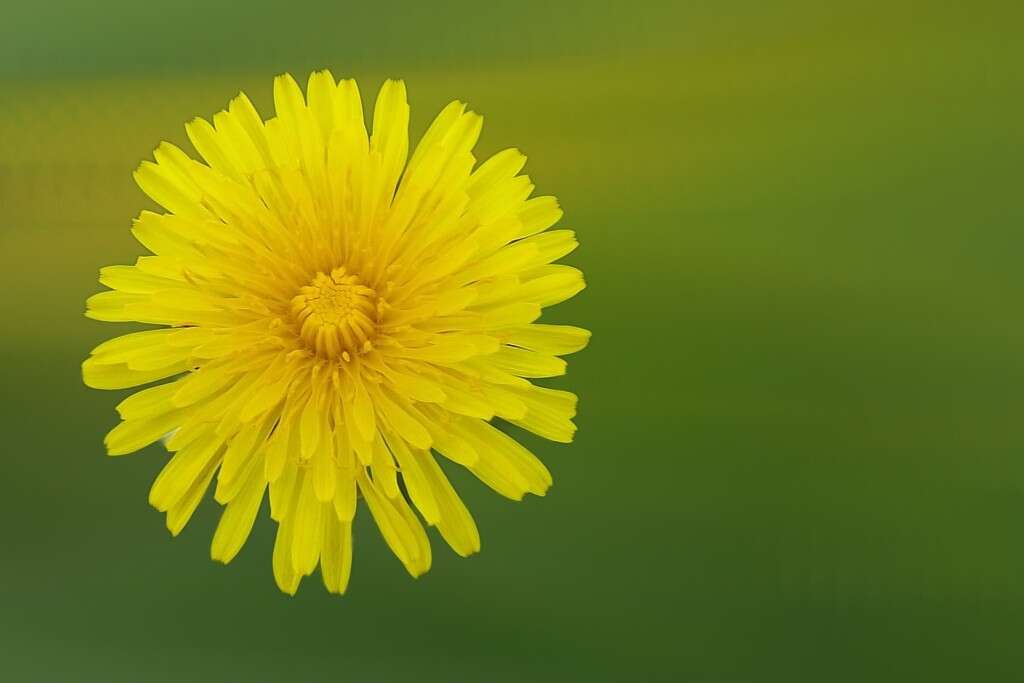
Diuretic Food #3: Asparagus
Asparagus is a popular vegetable that is thought to have originated in Europe. It is a flowering plant, but the asparagus that ends up on our dinner tables is usually the young shoots. It is low in calories yet high in vitamins and minerals, making it a popular addition to many healthy living diets.
Another reason for the popularity of asparagus is that it can be prepared in so many ways. As well as being used for food, it is also sometimes used as a diuretic. Asparagus contains asparagine, an amino acid that helps encourage the body to pass urine. It is also known for the way that it affects the odor of our urine after eating it.
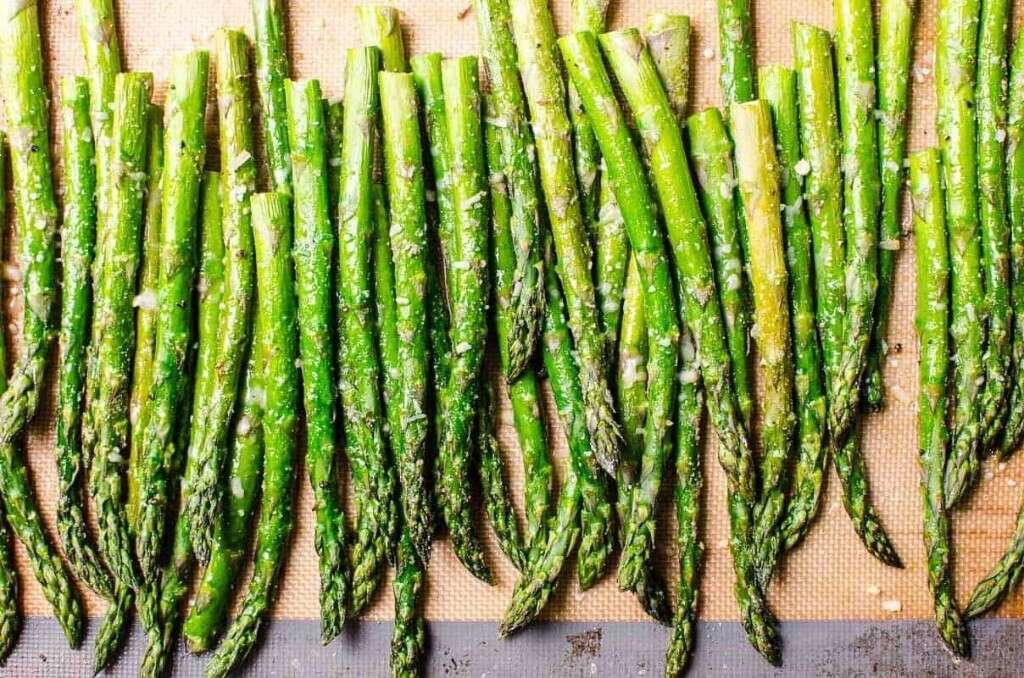
Diuretic Food #4: Cucumbers
Cucumbers are a fairly popular addition to salads, while they are also sometimes used in sandwiches. Another popular use for cucumbers is to place them over the eyes to help revitalize and rehydrate them. They are also very easy to prepare and eat just as they are, while they are also often used because of their diuretic properties.
Cucumbers are a good source of silicon and sulfur, both of which stimulate urination. They also have a very high water content, which also encourages us to pass water. In addition, cucumbers also have anti-inflammatory properties and are generally very healthy for us overall.
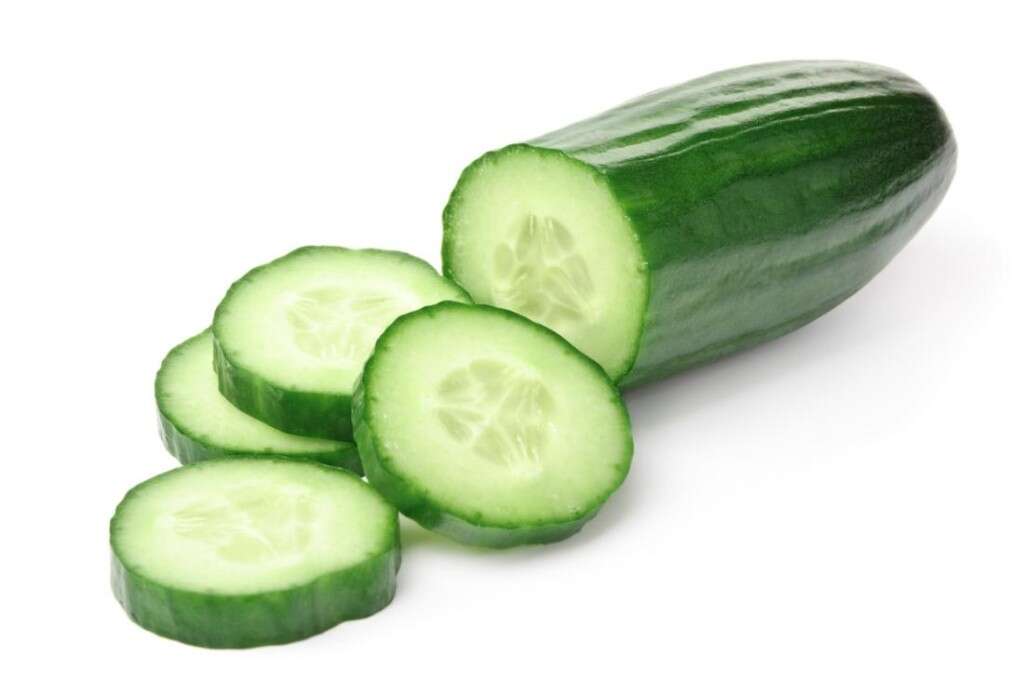
Diuretic Food #5: Hawthorn
The hawthorn is a type of shrub that is found growing naturally in Europe and also in parts of Northern Africa. Its thick foliage and spines mean it is sometimes used in agriculture to form a natural barrier to keep livestock, and people, in or out of certain areas. Its fruits are edibles and are often used to make preserves.
The hawthorn has long been used for its medicinal properties. It is a subject of research for use in modern medicine as studies have suggested that it can be used to help treat congestive heart failure. Studies have also shown that it can stimulate urination, making it an effective diuretic.
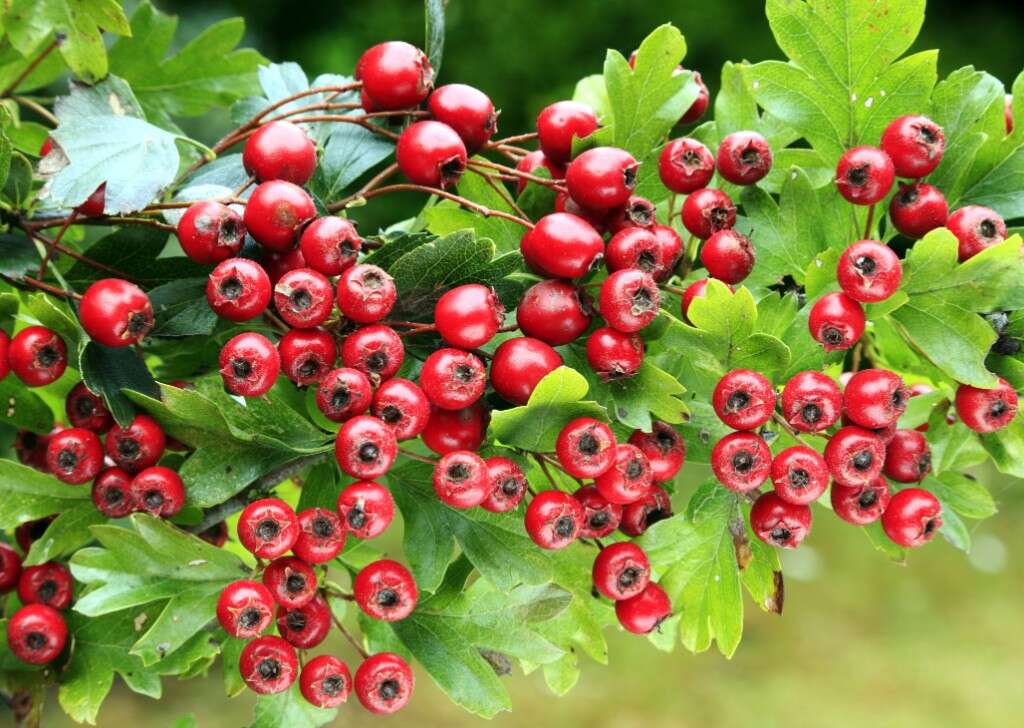
Diuretic Food #6: Cabbage
This thick, leafy plant is well known for its nutritional value and is a favorite addition to many healthy living diets. In addition to its high nutrient content, it is also low in calories and this makes it ideal for people that are trying to lose weight. Cabbage is also high in water content and is also a good source of fiber.
Cabbage is sometimes used for its diuretic properties. Indeed, a diet of cabbage soup is often used by people that wish to lose weight by expelling water from the body. It has been used for its medicinal properties since the times of the ancient Romans.

Diuretic Food #7: Horsetail
Horsetail is a widespread plant that flourishes in conditions where there is a lot of water present. It is considered to be a living fossil by some people because it is a close derivative of species that existed some 270 million years ago. The plant has no leaves or flowers, and is the only known extant species in its genus.
Horsetail can be eaten raw, while it is also sometimes used in cooking. In addition, it is also sometimes used as a medicine, including as a diuretic. It is advised to be careful when consuming too much horsetail because too much can lead to complications. It can also be toxic in livestock if they consume too much of it.

Diuretic Food #8: Celery
It is often stated that eating celery burns more calories than it provides, but this is not true. Still, though, it is very low in calories and also high in fiber, making it a favorite addition to many weight loss diets. It is usually the stems that are eaten, although the leaves are also edible and are sometimes used for their strong flavoring.
One of the reasons for the low-calorie count in celery is its high water content. This factor, along with the presence of phthalides, helps to make it an effective diuretic. Celery can also help to lower the levels of uric acid in the body, and this can be a godsend for people that suffer from gout.
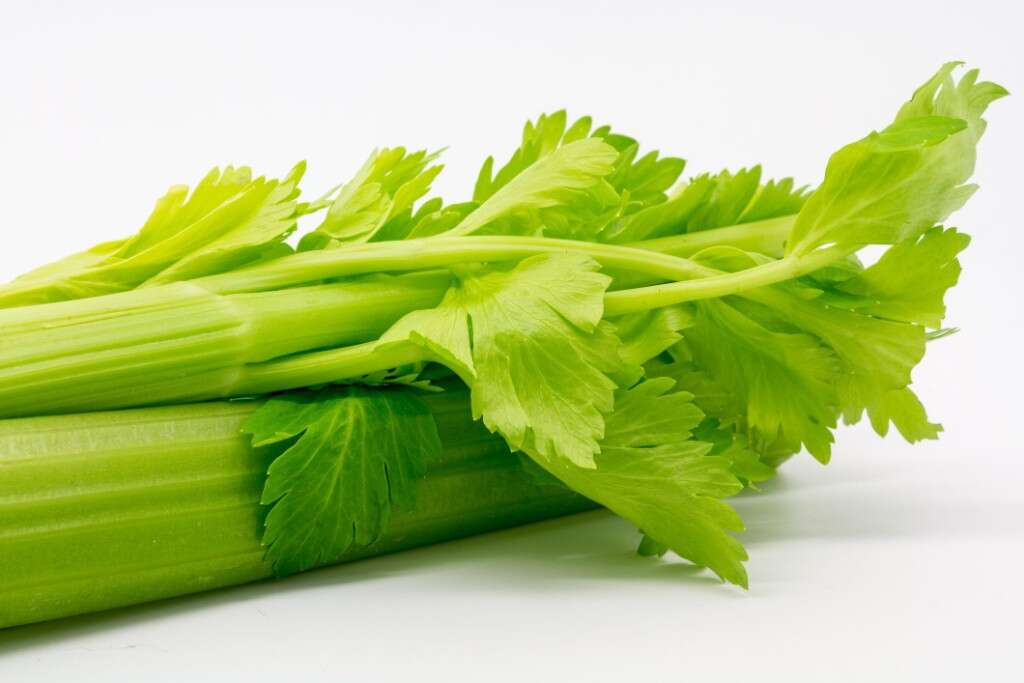
Diuretic Food #9: Parsley
Parsley is perhaps most commonly used as a garnish, placed on top of, or besides, a meal to help enhance its appearance. It is also used as an ingredient in dishes, however, and it has a mild bitter flavor that is sometimes useful in helping to provide a balance to savory dishes.
Parsley has been used at least since the time of the ancient Romans in much the same way that we use it today. It can also be used as diuretic as it has properties that help to encourage urination. It is sometimes used as a remedy for water retention in women that are undergoing menstruation.
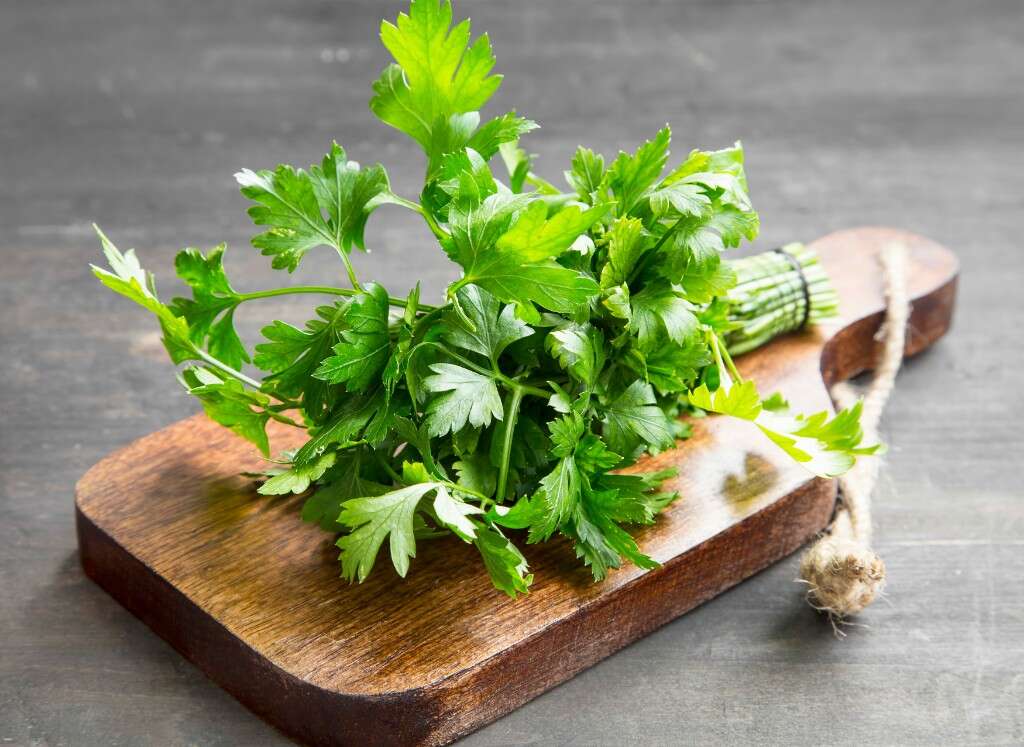
Diuretic Food #10: Tea
Tea is one of the most popular beverages on the planet. The bitter beverage is often consumed instead of coffee and has even found itself entwined closely into the traditions of some nations. Its caffeine content help to make it a stimulant, helping to give people a perk just when they need it most.
Tea is also an effective diuretic, as anybody that drinks it often will be able to tell you. In addition, drinking tea is also thought to offer various health benefits. Green tea is often considered to be a healthier alternative to black tea, although both types are effective diuretics.




